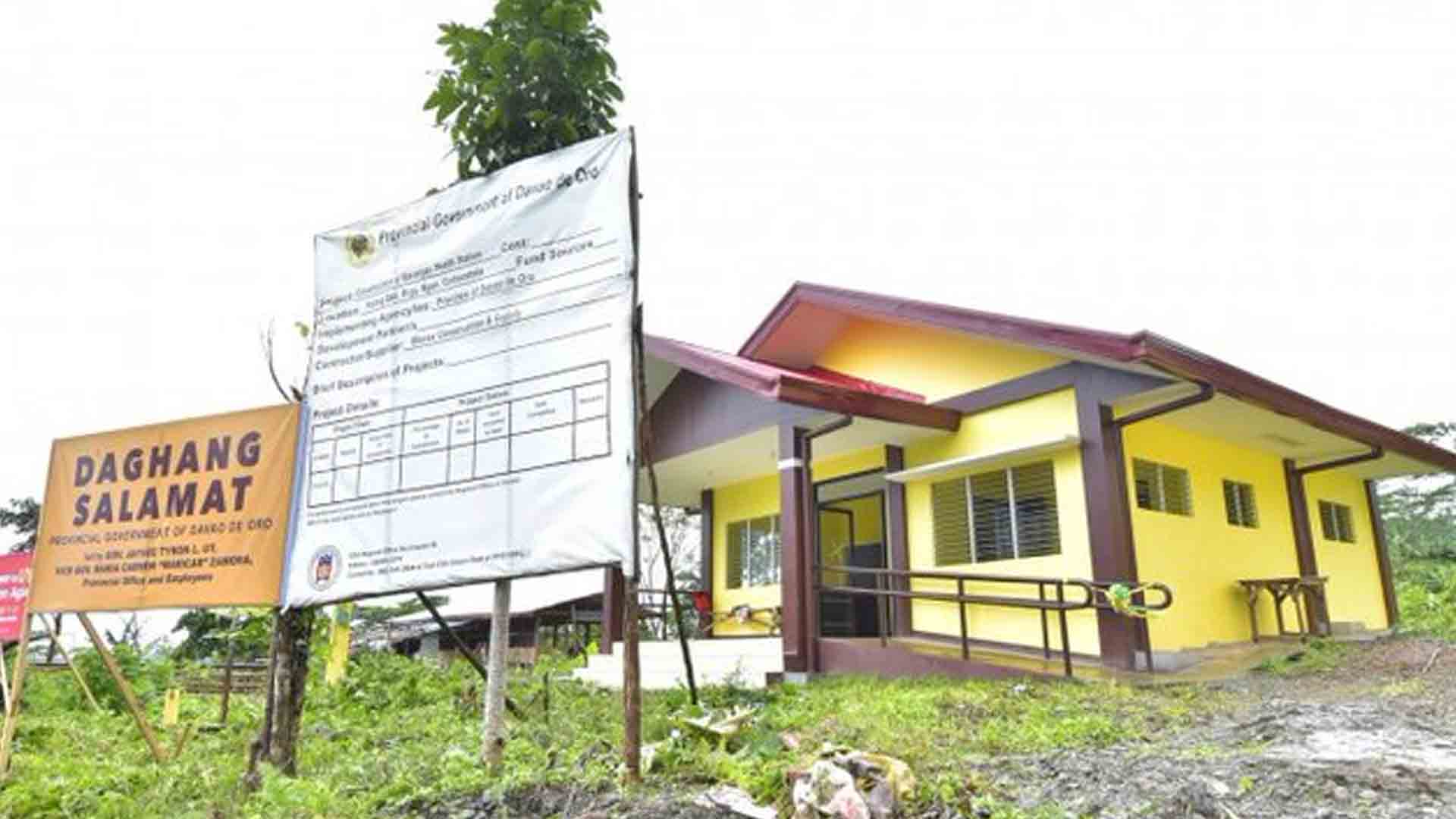After 30 years, it’s about time to amend Republic Act 7305 or the Magna Carta of Public Health Workers to increase their benefits and compensation, according to a bill filed in the Senate.
Senate Bill 232 or the Magna Carta for Barangay Health Workers, filed by Senator Robinhood Padilla, recognizes the roles of barangay health workers (BHW) in communities and said they deserve just compensation and other benefits and incentives.
RA 7305 defines health workers as those who are “engaged in health and health-related work, and all persons employed in all hospitals, sanitaria, health infirmaries, health centers, rural health units, barangay health stations, clinics and other health-related establishments owned and operated by the government or its political subdivisions with original charters and shall include medical, allied health professional, administrative, and support personnel employed regardless of their employment status.”
According to a news release from Padilla’s office on Sunday, studies conducted in 2017 showed that the implementation of the law has been inconsistent in local government units as about half do not provide the full benefits of BHW.
The bill also aims to grant BHW the right to “self-organization in order to freely form, join or assist organizations to obtain redress of their grievances through peaceful concerted activities”, although the right is already guaranteed under Section 31 of RA 7305.
To be accredited, BHWs must have rendered at least two years of continuous and satisfactory service as well as have completed regular training program on health care service and community-based health program as prescribed by the Department of Health (DOH).
Under the bill, at least one BHW is to be appointed for every 20 households in every village.
Municipal and city health offices must maintain an updated BHW Registry, while the DOH will keep a national registry.
BHWs are to fulfill the roles of “advocate” or health programs; “educator” to guide the community on health priorities of local government units; “disseminator” of health updates to the community; “coordinator” for health services; “record-keeper” of health data, activities and events in the community; and “health care service provider”.
Benefits under the measure include 20 percent discount on items under the Expanded Senior Citizens Act of 2010; hazard allowance of at least PHP1,000 per month; subsistence allowance of at least PHP100 per day; transportation allowance of at least PHP1,000 per month; one-time retirement cash incentive of PHP100,000 for accredited BHW who served for 15 years; training, education and career enrichment programs; health benefits such as free medical care, emergency assistance, and mandatory membership in the Philippine Health Insurance Corp.; insurance coverage; sick, vacation, and maternity leaves; cash gift every December; disability benefit; civil service eligibility; free legal services; and preferential access in loan facilities.
Among the benefits stipulated by RA 7305 are hazard allowance equivalent to at least 25 percent of the monthly basic salary of health workers receiving salary grade 19 and below, and 5 percent for those with salary grade 20 and above; subsistence and laundry allowance; monthly longevity pay equivalent to 5 percent of the monthly basic pay for every five years of “continuous, efficient, and meritorious services” as certified by the chief of office; remote assignment allowance equivalent to 50 percent of basic pay and reimbursement of the cost of reasonable transportation to and from the remote post or station; leave credits; compensation for injuries; and housing if there are available quarters.
RA 7305 likewise grants health workers the highest basic salary three months prior to compulsory retirement, equivalent to one salary range or grade higher than the basic salary.
The retirement benefit will be computed on the basis of the highest salary provided that the worker has reached the required age and fulfilled service requirements under existing laws.
Padilla’s bill mandates the Department of the Interior and Local Government and and municipal, city, and provincial governments to set up grievance mechanisms for BHW. (PNA)







